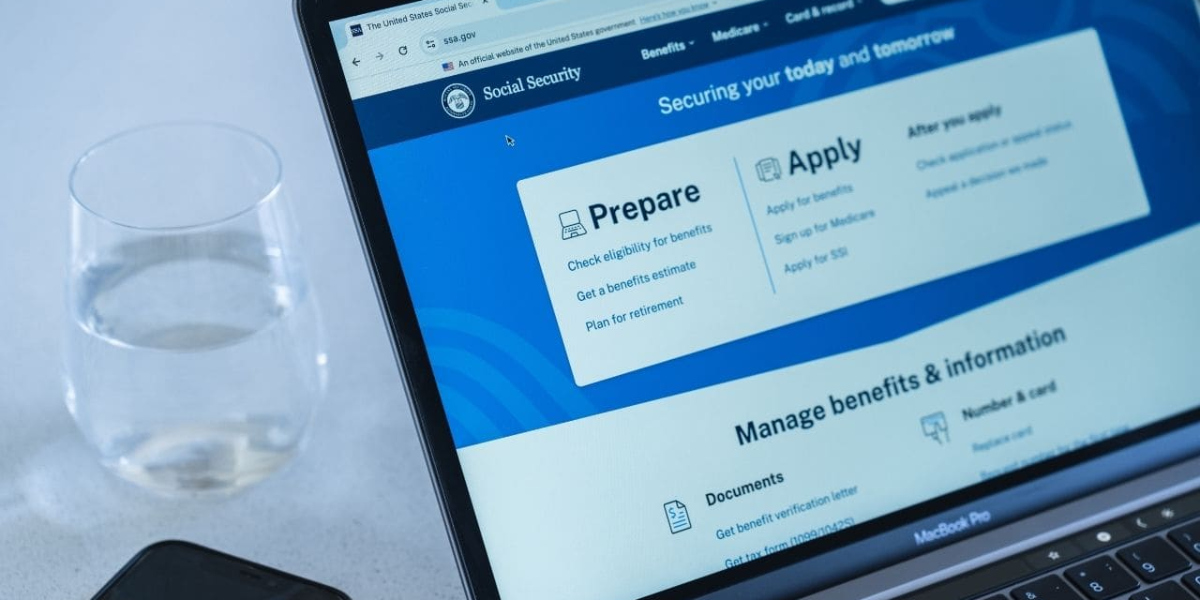The vast majority of people in the United States believe that Social Security is synonymous with retirement. This is correct since it is the component of the system that is the most well-known. This, however, is by no means the only one. The Social Security program has expanded throughout the years to offer a wider safety net that extends beyond only those individuals who have reached the age of 60 and are prepared to retire from their jobs.
In the year 2025, the Social Security Administration will continue to offer a variety of benefits that are contingent upon a variety of life circumstances. Disability, financial trouble, or the death of a loved one are all factors that can make a person eligible for support, even if they are not yet considering retirement as a possibility. To tell you the truth, a lot of people are unaware that they might be eligible for assistance. There are some that never apply at all.
It is important to take the time to learn about the different types of benefits that are available and the individuals who are eligible to get them. Your past employment history, your current health, and your current income all play a significant role. There are occasions when something that you believed did not apply to you actually does.
What different sorts of benefits are available through Social Security?
But retirement is only one component. The complete picture includes additional advantages that are equally as significant, particularly in the event that things does not go according to plan. An outline of the options that are accessible in 2025 is as follows:
- Retirement benefits: In most cases, this is the one that is known. If you have been employed and have contributed to Social Security for a period of ten years or more, you are eligible to begin receiving monthly payments as early as the age of 62. The amount that you receive is determined by the age at when you begin collecting as well as the profits that you have made.
- (SSDI) stands for disability benefits: If you are unable to work due to a medical condition that is likely to remain for a year or more, you may be eligible for Social Security Disability Insurance (SSDI). In the past, you will need to have worked and accumulated a sufficient number of credits. This is not about age; rather, it is about health and previous work experience.
- Benefits for those who survived: In the event that a person who had contributed to Social Security passes away, their family may be eligible for financial assistance. One’s spouse, children, and even dependent parents may fall under this category in certain circumstances. The amount of the payout is determined by the amount of money entered into the system by the deceased person.
- There are advantages for families: Even in the event that you are currently receiving benefits for retirement or disability, it is possible that your spouse or children are also eligible to receive a monthly check payment. Quite a few households are unaware of this. It is possible that these benefits will assist in covering day-to-day expenses and will bring a degree of stability to the home.
- Social Security Supplemental Income (SSI) in full: SSI is not like other programs. People with limited incomes and resources, particularly those who are elderly, disabled, or blind, are the target audience for this program. For eligibility purposes, an employment history is not required. Instead than coming from taxes collected by Social Security, the financing comes from general tax receipts.
- The Medicare program: This pertains to the matter of health insurance. For the majority of people, it begins to take effect at the age of 65, or sooner if you have been receiving Social Security Disability Insurance for a period of at least two years. Despite the fact that Medicare is not a monetary benefit, it can save you thousands of dollars in medical expenses.
There are rules that are specific to each program, and not everyone will be eligible for all of the benefits. On the other hand, it is important to check, particularly if your circumstances have altered.
What to do next and how to determine whether or not you are eligible
Establishing a my Social Security account on the website ssa.gov is the simplest approach to learn about the benefits for which you might be qualified. You will be able to view your earnings history, the estimated amount of benefits you will receive, and whether or not you are on schedule to receive retirement or other forms of assistance.
Instead of checking your information just once, it is recommended that you do it on a frequent basis. Things are always shifting. A health problem, the loss of a job, or a death in the family can all have an impact on the benefits to which you are entitled. Moreover, if you are already getting one benefit, there may be other benefits that your family is eligible to receive.
Social Security is more than just a retirement plan, after all is said and done. It is a complicated system that is designed to provide protection through the unforeseen turns that life takes. When you have a thorough understanding of it, you will be able to make more informed choices and prevent yourself from missing out on assistance that is already available and waiting for you.


 by
by 

